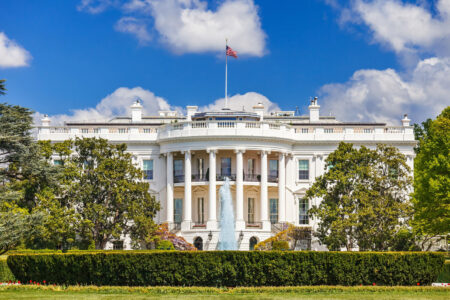India is currently refusing to introduce a complete framework for cryptocurrencies, according to an official document. The reason is concerns that digital assets could destabilize the formal financial system.
A recently transmitted government document shows: the Reserve Bank of India (RBI) sees systemic risks in comprehensive crypto regulation that could not be sufficiently mitigated by simple laws. Although there is partial oversight - for example, over registered global crypto exchanges and taxation of profits - India wants to avoid full integration of digital assets into the financial system, as Reuters reports.
Uncertainty despite increasing global regulation
While countries such as the US and Japan are actively developing their crypto laws, India remains cautious in many areas. The RBI argues that regulations could increase confidence in cryptocurrencies and thereby make them systemic - and that decentralized and peer-to-peer trading forms would be difficult to control anyway. According to the document, a complete legal framework would not automatically eliminate the risks.
The Indian government is particularly concerned about the spread of stablecoins, especially US dollar-backed stablecoins. According to the RBI, these digital assets could impair the national payment system - particularly the Unified Payments Interface (UPI). Even though the population’s crypto investments are estimated at 4.5 billion US dollars, they are currently not seen as large enough to threaten the financial system on their own.
International signal effect
India’s caution also has international significance. As one of the most populous countries with a growing crypto market, other emerging economies are closely observing the course New Delhi is taking. A cautious approach could serve as a model for states that want to promote innovation while protecting financial stability at the same time.
Despite the skepticism, India remains a dynamic market with millions of crypto users. Startups and blockchain projects are calling for more clarity, while the government weighs how to balance progress and risk. Whether a balanced regulatory framework will follow or India continues to rely on restraint will be decisive for the country’s role in the global crypto ecosystem.








